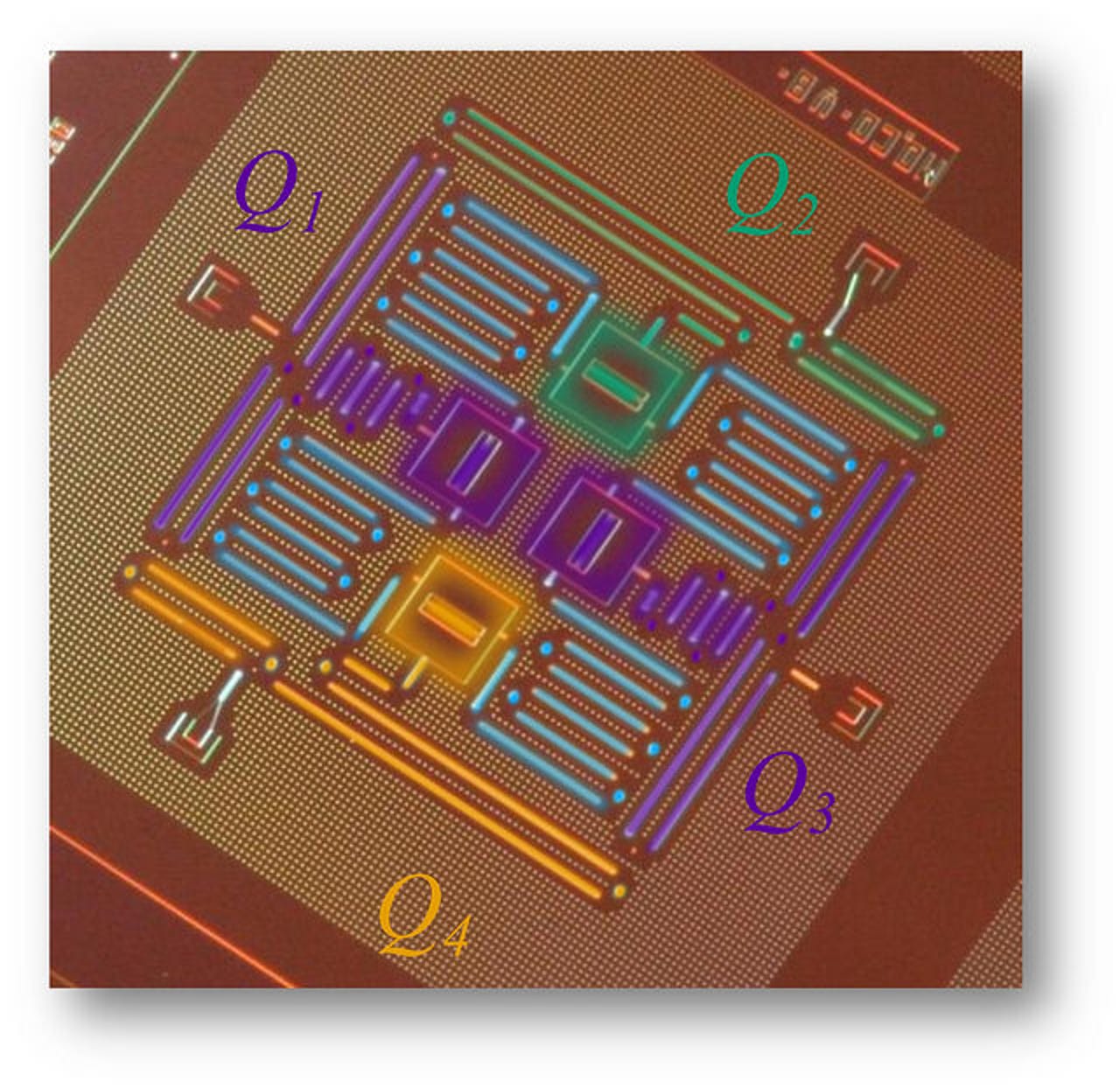IBM claims another step toward quantum computing


IBM said Wednesday that it has cleared two key hurdles as the computer industry chases a practical working quantum computer.
The two breakthroughs for IBM include detection of two types of quantum errors at the same time. These errors---bit-flip and phase-flip---set the stage for actually correcting the problems. Until now, researchers could only find one error at a time.
Quantum errors are generated due to interference such as heat, radiation and defects. All of those interference items would exist in a processor. A conventional bit has two values, 1 and 0, but a qubit, or quantum bit, holds both. Holding both 1 and 0 means that quantum computers can be much faster.
Featured
The second claim by IBM is that the company has built a four quantum bit circuit in a one-quarter-inch lattice structure that scales. IBM argues that its lattice is the best way to add qubits to get a working system. Once IBM can manufacture a qubit structure reliably with standard silicon manufacturing it should be easier to add qubits.
IBM's findings will be published in the journal Nature Communications.
In the race toward quantum computing, IBM, Google and Microsoft all have research efforts underway. The importance of quantum computing boils down to this: Moore's Law, which just turned 50, is getting long in the tooth and at some point you won't be able to double the number of transistors on a microchip every two years.
However, researchers are far from a working quantum computer, which would enable new applications and provide the horsepower of a supercomputer with just 50 qubits.